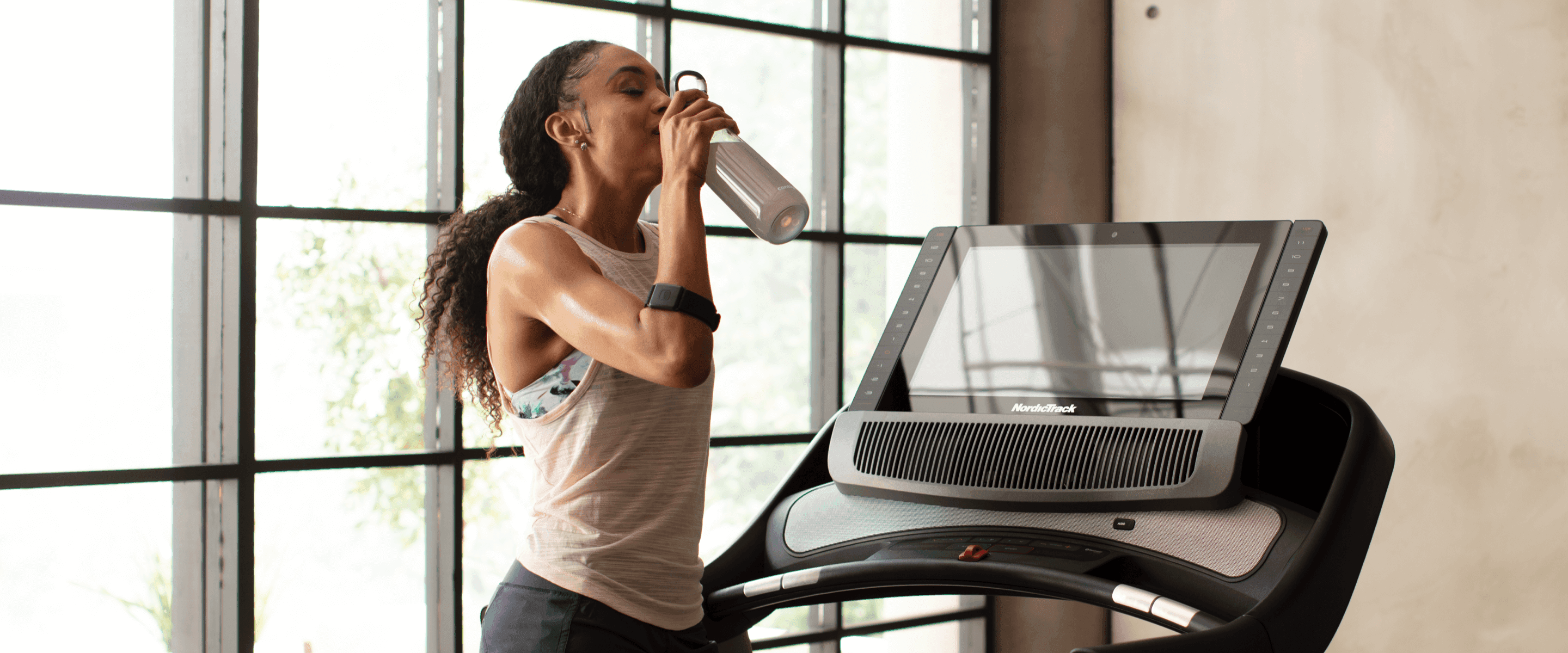
When the way you fuel your body aligns with how you move it, you’re at your best. Correctly fueling your body can make the difference between the extra mile, minute, or push that brings your goals closer into view.
Nutrition can be one of the most effective tools for improving your performance. If you nourish your body to meet your training demands, you will set yourself up to overcome that next challenge. You wouldn’t expect your car to run without gas, a working engine, and a charged battery. Likewise, you can’t expect your body to perform without the proper nutrients!
How do you properly fuel your body to bring your performance to the next level? While your specific needs depend on your body, gender, and lifestyle, here are a few general tips to help you fuel for fitness!
Pre-workout snacks can be an effective source of energy, but they are not always needed. A substantial meal 3–4 hours before you exercise should be enough to power your workout!
If you are unable to eat a meal before you exercise, try eating something with about 30 grams of carbohydrates and small amounts of protein and fat. Toast, fruit juice, granola bars, sports drinks, and bananas are all great options.
Sometimes, you need a little more than motivation to start your workout. Pre-workout powders are a popular option for boosting your energy. iFit Nutrition BCAA+ has optional caffeine to energize your workout, electrolytes to improve your hydration, and BCAAs to kickstart your recovery.
If your workout is less than 60 minutes, an in-workout snack is not necessary. Just make sure you’re staying hydrated, no matter how long you exercise!
For workouts between 60–90 minutes, a sports drink with carbohydrates will maintain energy while providing electrolytes for hydration. This is also recommended for high-intensity sessions that produce a lot of sweat.
If your workout lasts longer than 90 minutes, it’s a good idea to refuel your muscles and power through your session with an in-workout snack that has about 30 grams of carbohydrates.
Your recovery is essential to your progress. A post-workout snack will replenish your energy stores and give your body the nutrients it uses to repair your muscles. If you’re planning to eat a meal 1–2 hours after your workout, you don’t necessarily need a post-workout snack. Always listen to your body—if you’re ravenous, then go for it!
After a cardio session, try a peanut butter sandwich, fruit smoothie, or Greek yogurt for a post-workout snack that will help you bounce back. A good rule of thumb for refueling after cardio is to have a snack with a carb-to-protein ratio of 3:1.
Are your goals centered around building muscle and strength training? If so, a post-workout snack is most definitely in order! Refuel with carbohydrates and protein, so the workout doesn’t leave you feeling drained. The optimal carb-to-protein ratio of a strength training post-workout snack is 2:1.
Protein requirements vary from person to person. While many factors influence how much protein you need, here is a general breakdown of the amount you should aim for each day:
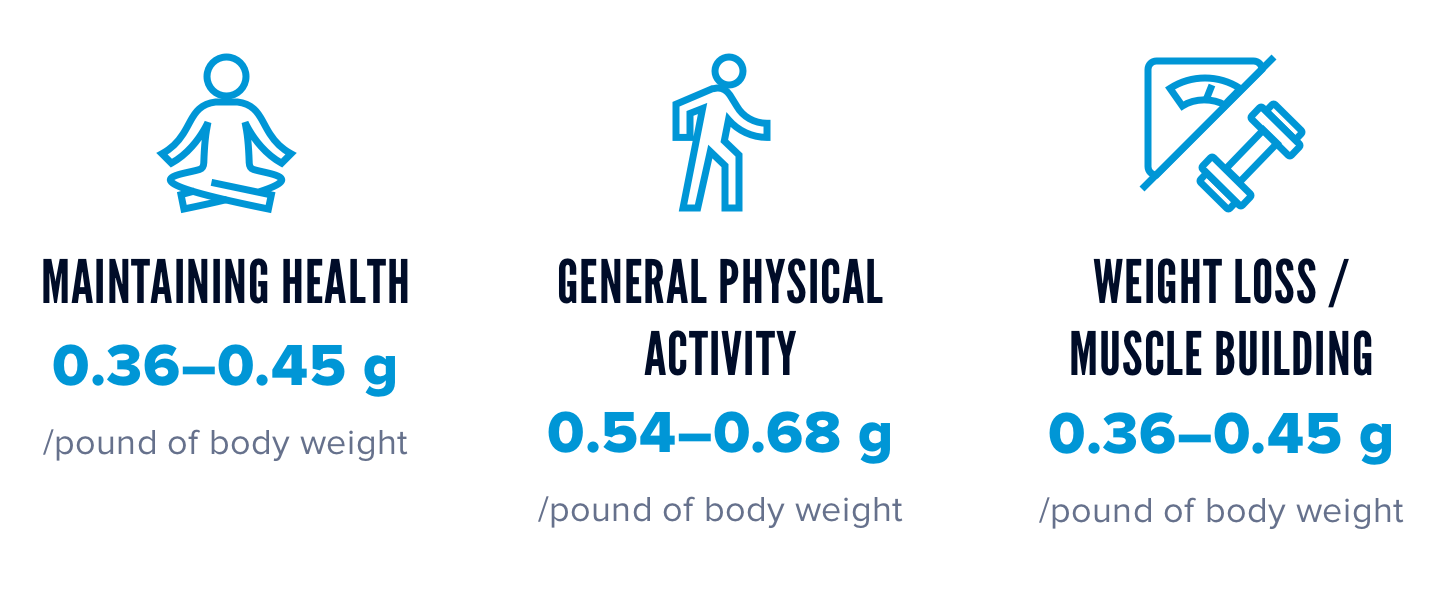
In some cases, your performance goals may require even more protein. However, you should not exceed about 1 gram per pound of body weight, especially in the long term.
If you struggle with getting enough protein from food alone, supplementation is a great option. iFit Nutrition Protein is a high-quality solution that comes in whey and plant-based formulas.
Aim to drink 2 cups of water before and throughout your exercise. For exercise exceeding 60 minutes, reinforce your hydration with a beverage containing electrolytes. iFit Nutrition BCAA+ has added electrolytes to replenish your hydration during long, intense workouts.
While hydration is important, it is possible to overdo it. To prevent overhydration, limit your water intake to 34 ounces per hour of exercise.
Now that you know how to structure your food intake around your workouts, one question remains. What about the rest of your day? The answer depends on your body and lifestyle. However, it’s crucial that you eat enough calories and nutrients to support your exercise and whatever else the day brings!
Make sure you’re eating a balanced, varied diet so that you get all of the vitamins and minerals that your body needs. Here is a general guide for meal structures*:
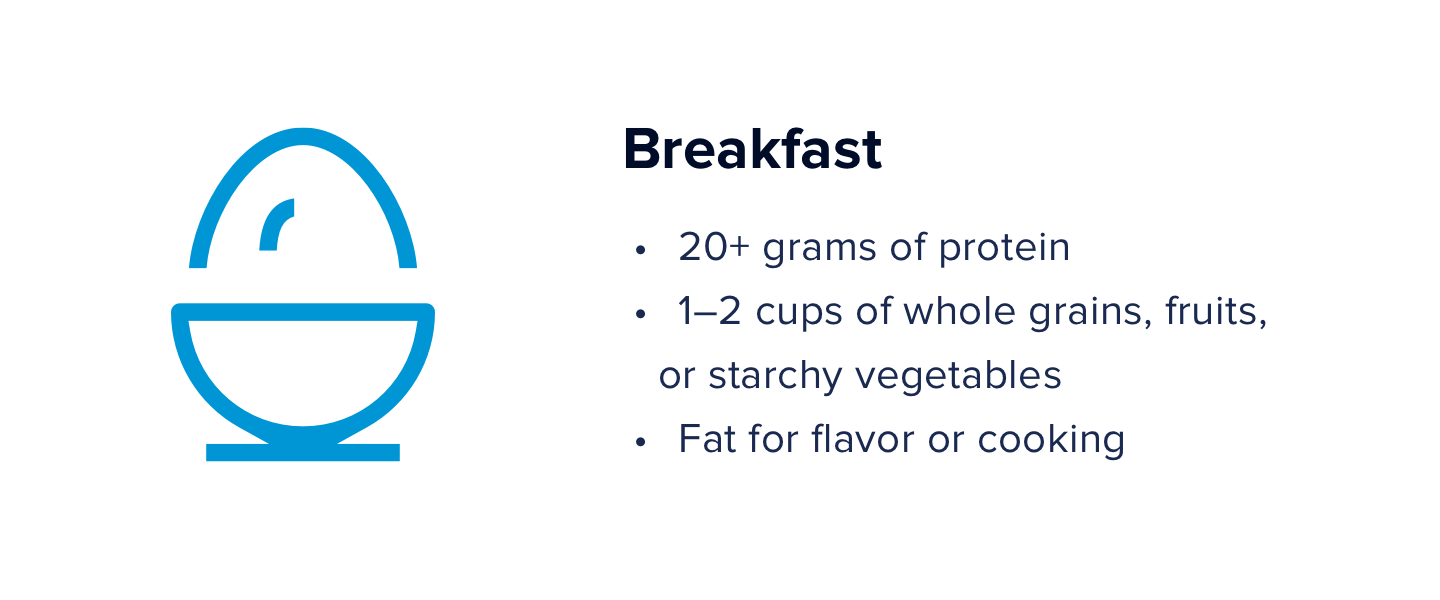
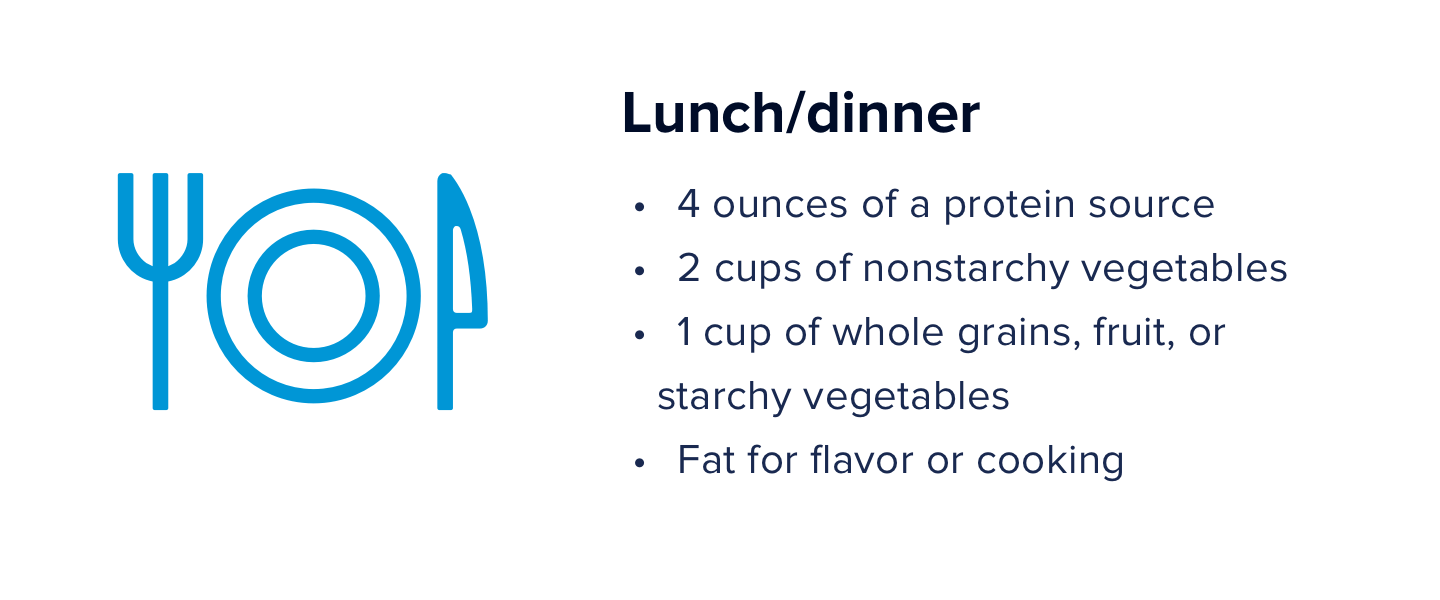
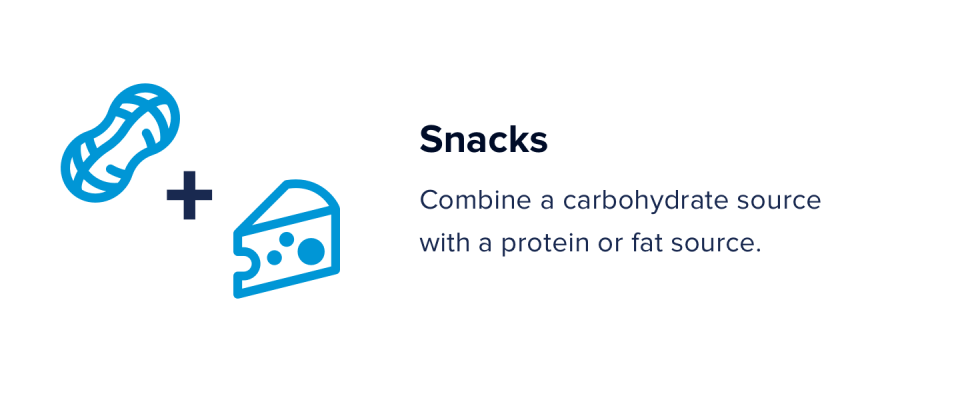
*Adjust portion size as needed to match your hunger levels, but aim for the ratios outlined!
With a little experimentation and time, you will create synergy between your nutrition and fitness, building momentum that brings your goals within reach. Optimize your nutrition to give yourself all of the tools you need to hit that target!
May 13, 2017